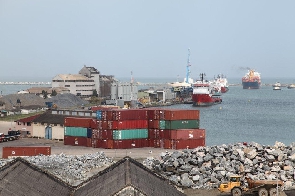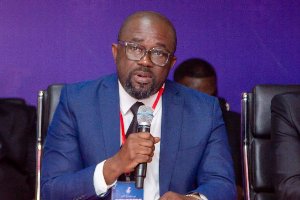As Ghana stands at a pivotal crossroads in its economic journey, John Mahama's proposal to rationalise port fees emerges as a beacon of hope for the future of importation in the country.
This initiative not only aims to alleviate the financial strain on importers but also seeks to create a more competitive landscape that benefits consumers across the nation.
By streamlining the costs associated with port operations, Mahama's blueprint envisions a Ghana where goods are more accessible and affordable, ultimately enhancing the purchasing power of everyday Ghanaians.
The implications of this change could be far-reaching. A reduction in port fees could lead to lower prices for essential goods, invigorating local markets and stimulating economic growth. Furthermore, as importers feel the relief from excessive fees, they may be more inclined to expand their operations, bringing in a wider variety of products and fostering innovation.
This could also encourage foreign investment, as companies recognise Ghana as a more favourable environment for trade.
However, the success of this initiative will depend heavily on the commitment of policymakers to implement these changes effectively and transparently.
Engaging stakeholders, including importers, business owners, and consumers in the conversation will be crucial to ensuring that the new port fee structure meets the needs of all parties involved.
In conclusion, the future of importation in Ghana can be bright if Mahama's vision for rationalised port fees is realised. With dedicated efforts towards creating a more equitable and efficient system, Ghana has the opportunity to strengthen its economy, enhance the quality of life for its citizens, and position itself as a competitive player in the global marketplace. The road ahead may be challenging, but with collaboration and innovation, the future of importation holds the promise of prosperity for all Ghanaians.
Opinions of Tuesday, 12 November 2024
Columnist: Anthony Obeng Afrane















